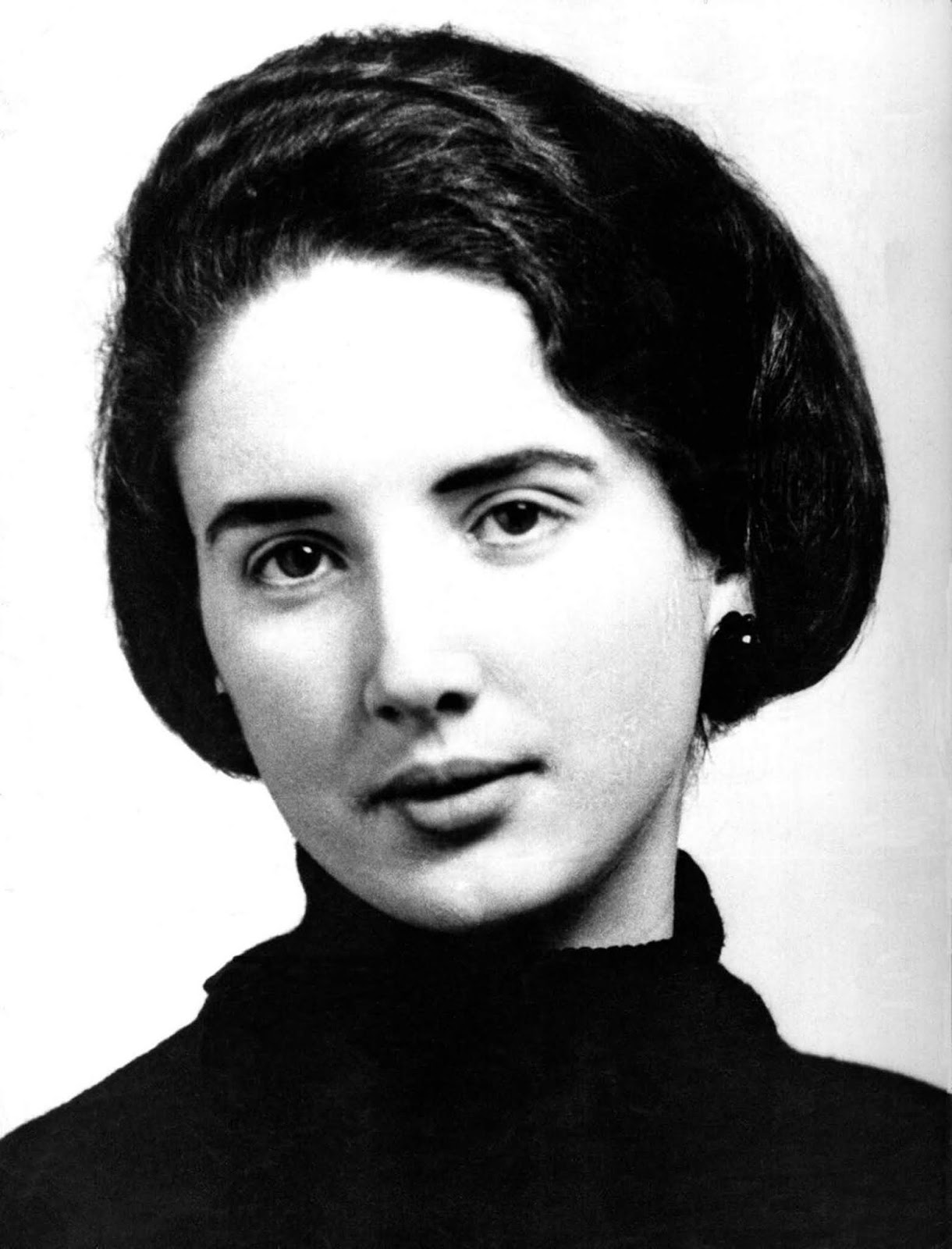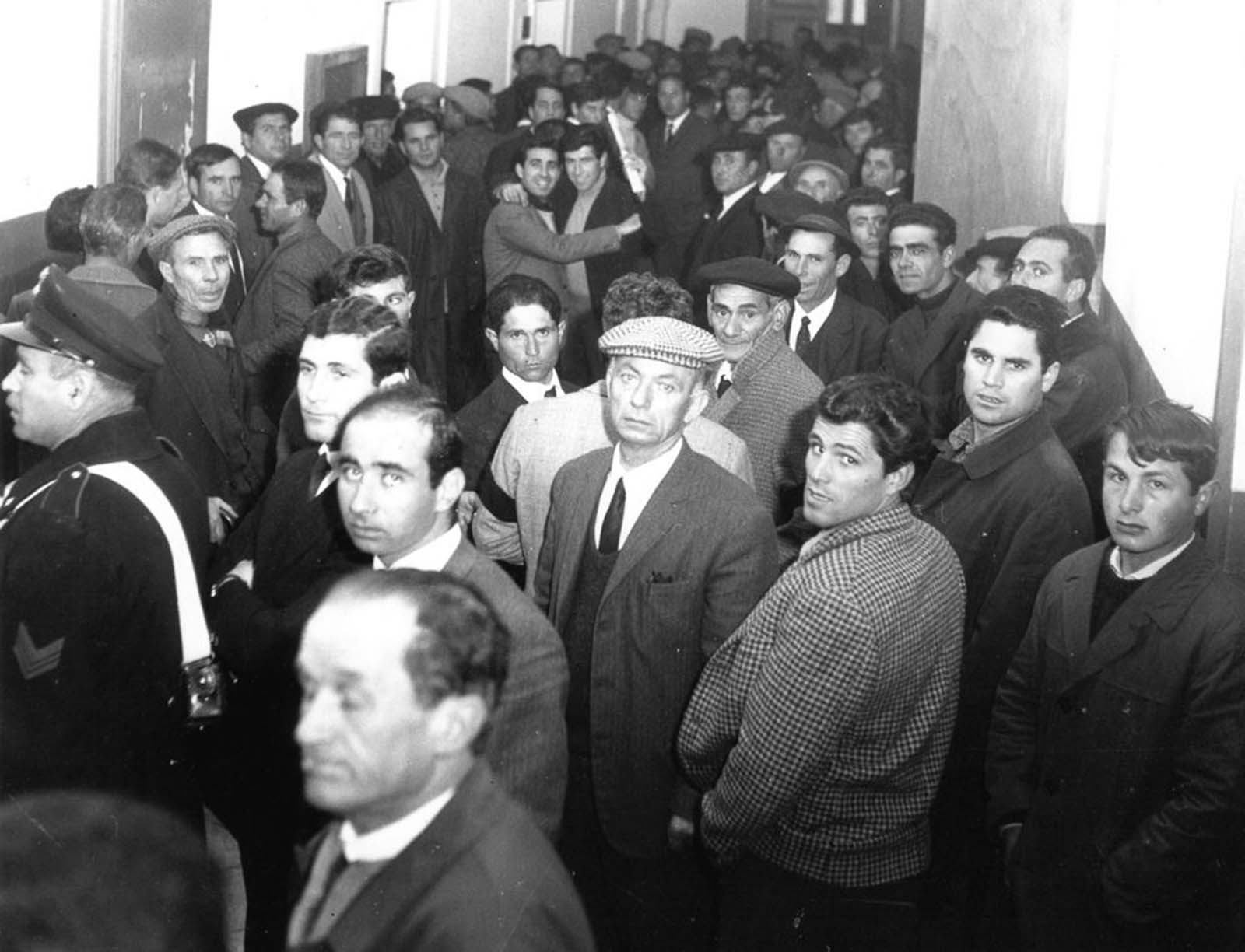Franca Viola, the woman who defied the Italian tradition by refusing to marry her rapist, 1966

In 1966, Italy was shaken by a woman's daring efforts to challenge the country's treatment of rape victims – lessons whose lessons are sadly still relevant.
Franca Viola became the first Italian woman to refuse a "rehabilitation marriage" ("matrimonio reparator" in Italian) with her victim after being kidnapped and raped. She was one of the first Italian women who was raped and publicly refused to marry her rapist.
Viola grew up in a farming family in Alcamo, Sicily. In 1963, at the age of 15, she became engaged to Filippo Melodia, the nephew of a local Mafia member, at the age of 23, but after Melodía was arrested for theft, Viola's father insisted that she break off the engagement. given what he did. Melodia then traveled to Germany.
By 1965, Viola was engaged to another man. Melodia had returned to the Alcamo by this time and was unsuccessfully trying to re-enter Viola's life, stalking her and threatening both her father and boyfriend.
In the early hours of 26 December 1965, Melodía and a group of 12 armed accomplices broke into Viola's home and kidnapped Franca by dragging her into a car, beating Viola's mother and Franca's 8-year-old brother Mariano as well. took away, who refused to leave the sister.
Mariano was released a few hours later, but Franca was held for 8 days at the home of Melodía's sister and her husband (a farmhouse on the outskirts of town), where she was repeatedly raped.
Melodía told her that she would now be forced to marry him in order not to become a "humiliated" woman, but Viola replied that she had no intention of marrying him and, moreover, would sue her for kidnapping and rape.

According to the traditional social code, this choice would make her a "donna svergognata": "a woman without honor" (literally: a "shameless woman"), as she had lost her virginity without being married. It is noteworthy that these concepts were not specific to Sicily or to rural areas.
To some extent, they were also contained in the Italian penal code of the time, namely Article 544, which equated rape to a crime against "public morality" rather than a personal offence, and introduced the idea of "rehabilitative marriage" (matrimonio). formalized. Reparator), holding that a rapist who marries his victim will automatically quash his crime.
The trial was a sensation at the Alcamo and beyond. Crowds flocked to debate about the trial, which was later relayed by the New York Times with the most patronizing headlines: "No Admirers Call on Sicilian Franca."
Despite being the central figure of these events, the public narrative influenced Viola's views and motives on the matter. Newspaper reports described her as "tender," "skinny," and "beautiful."
Melodía was eventually found guilty and seven of her accomplices were sentenced to 11 years in prison with four years of imprisonment (later appealed to ten). The article of law by which a rapist could perpetuate his crime by marrying his victim was not abolished until 1981.
Sexual violence became a crime against the individual only in 1996 (instead of "public morality"). Melodía was released from prison in 1976 and exiled from Sicily for his mob relations. He was shot and killed two years later in Modena.
Franca Viola married Giuseppe Ruisi in December 1968, when she was about 21 years old. They liked each other since childhood.
Russi, an accountant, insisted that he would marry the girl he had always loved despite threats and rumours, but after obtaining a marriage license he needed a firearm license to protect himself and his future wife. Had to request.
Italian President Giuseppe Saragat and Pope Paul VI both publicly lauded Franca Viola's courage and her solidarity with the couple. Viola and Russi would have three children (two sons and one daughter). Franca Viola still lives with her husband at Alcamo.




No comments: